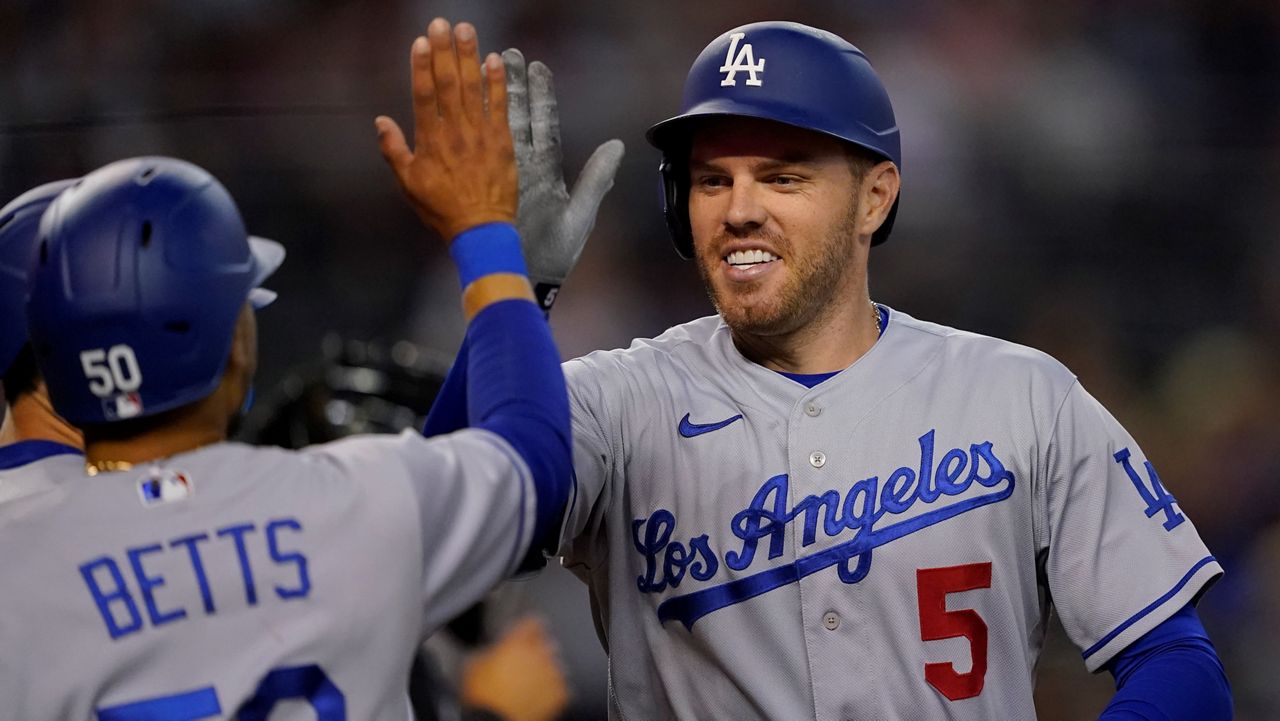

A different way to pick the Commissioner to help the Astros and MLB
What if the commissioner of baseball answered to more than just the owners?
As we continue down the long road of the baseball off-season, a few things become apparent. One is that people tend to enjoy the coverage/speculation about off-season moves as much as they do whatever happens on the field. Another is that we see too much of Scott Boras. Yet another is that we have to deal with Rob Manfred, or whoever wears the mantle of the commissioner of baseball.
As it stands right now, the “Commissioner” of baseball is the figurehead who speaks for the game. Yet, the reality is that the commissioner is but a focal point/spokesman (so far, all men) for the owners. Currently, baseball selects its commissioners to five year terms, with the collective of owners holding the power to hire and fire said commissioner. As a result, the commissioner tends to speak mostly for his primary constituents. He deals with the players, but more often than not, that relationship is adversarial. As for the fans…yeah, well, anyway.
However, what if the commissioner was not selected by just the owners? What if the commissioner of baseball was selected by both the owners and players?
On one hand, what difference would it make if the commissioner answered to both owners and players? Said individual is still just a corporate suit. What sort of slash line does a commissioner come with? Any applicable WAR stats associated with this individual? No, ok, then we don’t care. The only time we should ever see the commissioner is when he hands over the World Series trophy and perhaps at some sort of state of the game update. The more the commissioner appears, the less anyone wants to deal with him.
And yet, a Commissioner that must answer to not just one set, but two sets, of constituents that can determine the status of the job, that might alter a few things. For one, when the Commissioner comes out to speak about an issue, his remarks and stances need to account for more than 30 individuals/small groups who’s main interest in the game involve their bottom lines. He also must account for the needs and ambitions of perhaps the most visible aspects of the product: the players. Sure, the players have their own agendas and concern for their bottom lines. However, competing agendas can drive a hard degree of compromise.





